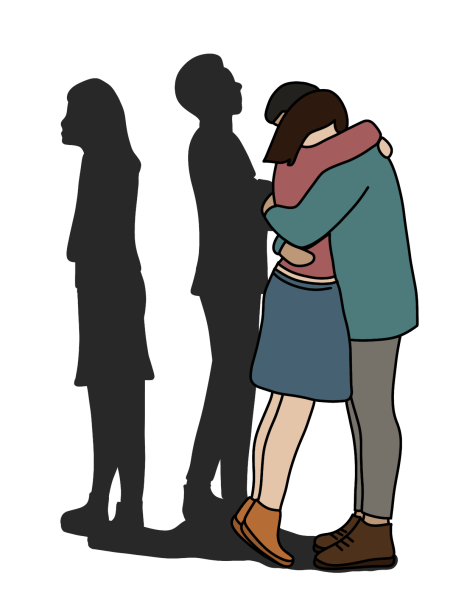Minus the City: Little Things, Big Fights
The supposition that people fall for partners like their parents is often subject to ridicule, but there’s something quite sensible to it. After all, the first love you experience is usually that of a parent’s. But something to remember is that your parents’ relationship with you and each other doesn’t only impact what sort of partner you choose, but how you treat that partner.
Think about your own relationships. After a while, the little things about your partner start to irk you; their vocal cadence, an ambivalent countenance or persistent and irrational insecurities. When they talk too much or talk too little. Tiny bites rend and fester over time, leading to violent infections in the relationship. Some of this is the pressure from prolonged proximity — people often underestimate the necessity of occasional distance, either geographical or psychological. But the idiosyncrasies your partner possesses may not drive you up the wall arbitrarily — your response could’ve grown from a seed planted long in your past.
You may find yourself expressing an unduly emotional reaction to something minor your partner did. It might start with a comment you make. Now you have to defend that comment. You come up with reasons, small at first, like how their behavior would annoy anyone, but you’re making them up as you go along. You’re not winning. You dig deeper, a hole for them and you, and it becomes about the principle of what they did. You’re on shakier ground, and now they’re defending their fundamental character from you. It’s gotten intense and you aren’t sure what led here —you still aren’t winning.
It’s amusing that the biggest fights in relationships often have the smallest causes. But if you’re lucky, you can banish the ego for a moment. You admit why you are the way you are. It feels wrong to do it — it’s like letting go of something close to you. “When I was a kid, so and so happened here and so on,” is what you say. Your partner draws back, understanding.
It’s not necessarily something the parents do, but our experiences — especially early ones — form our personalities today. And it doesn’t only affect how we treat ourselves, but how we treat others. We can, in the worst of situations, continue cycles of abuse that have lasted for generations. We might not even know we’re doing it, and blame our irrational reactions on the poor weather, how little sleep we got the night before or on just how irritating him tapping his pen is. Variable mood is normal, but when you find yourself persistently irritated at minor acts, try to recall how you too are deeply imperfect for reason far beyond your control.










